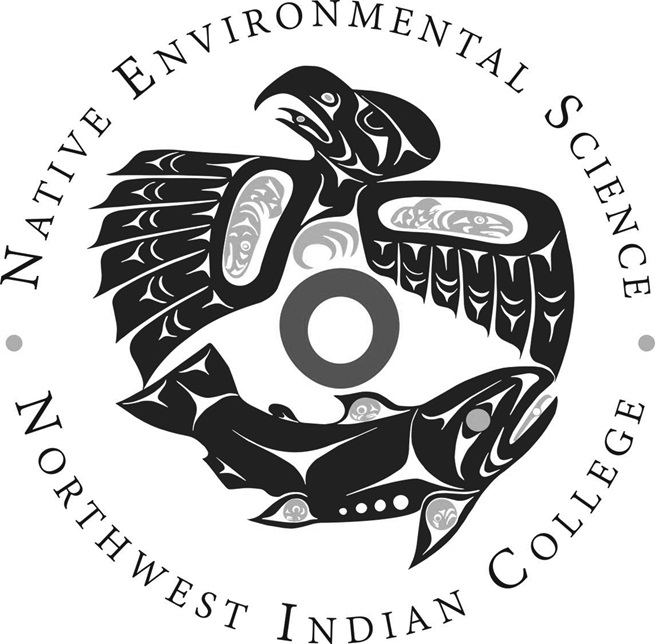Bachelor of Science, Native Environmental Science, Program Outcomes
Sense of Place
Indigenous peoples have deep and sustained connections to place. Knowledge of the environment has been, and continues to be, critical in supporting and maintaining resilient and thriving communities. Indigenous peoples have historically created and continue to create new technologies appropriate to their places. Native environmental scientists build upon their connection to place by being innovative and using Indigenous knowledge and technologies to promote sovereignty and self-determination.
Upon successful completion of this program, students will be able to:
- Value the interrelationships between people and the environment.
- Ground and apply concepts and methodologies to place.
Relationality
Awareness of self and knowledge of relational ancestry has been, and continues to be, an essential quality of Indigenous peoples. This awareness provides guidance and accountability to carry out the work of the ancestors for future generations. Relationality and self-location position Native environmental scientists to lead in the restoration and revitalization of the environment.
Upon successful completion of this program, students will be able to:
- Demonstrate self-location within inquiry-based research.
- Value relationality in the practice of Native Environmental Science.
- Evaluate and interpret environmental laws, policies, and acquired rights, and advocate for inherent rights.
Inquiry
Inquiry is deeply embedded in relationality, sense of place, and worldview, and it is inclusive of ways of knowing and research. Native environmental scientists perform inquiry by engaging in research and addressing questions that are relevant to Indigenous communities with the goal of restoring and revitalizing the environment. Native environmental scientists approach inquiry in ways that are respectful of and in service to Indigenous communities.
Upon successful completion of this program, students will be able to:
- Use Indigenous theories and methods to conduct inquiry-based research and evaluation that respond to the needs of Indigenous communities and serve to promote Indigenous self-determination.
- Evaluate and use appropriate technologies for inquiry-based research in support of restoration and revitalization of the environment.
- Evaluate and apply quantitative, qualitative, and mixed methodologies and concepts that include the synthesis of complex information.
Communication
Communication is foundational to the survival and identity of Indigenous peoples and includes intergenerational and intertribal transmission of knowledge about the relationships between people and place. Native environmental scientists enact the transfer of knowledge by communicating effectively in diverse settings through the use of a strong oral tradition, the written word, and imagery. Native environmental scientists effectively synthesize and communicate complex information to a variety of audiences with the intent to promote Indigenous self-determination and the restoration and revitalization of the environment.
Upon successful completion of this program, students will be able to
- Communicate using oral, written, and graphical (visual) methods to support Indigenous self-determination.
- Communicate effectively to multiple audiences, including Indigenous communities, policy makers, scientific communities, and the general public.
